The challenge of microcredentials in higher education, a topic for debate at EdTech Congress Barcelona
Microcredentials are a digital certificate used to certify the learning outcomes of short-term learning experiences, for example a short course, seminars or training. The use of microcredentials has become a topic of much debate because it promises major advancements in the mobility of students and professionals across different countries.
As such, this new approach played a leading role at EdTech Congress Barcelona, which ends today. Among the event’s sessions was an interesting round table held yesterday entitled “The challenge of microcredentials in the higher education sector”, moderated by Baptista Borrell, Director of SEIDOR’S Education Division.
“Microcredentials are a good example of the convergence taking place between formal and informal learning, initial training and lifelong learning, and also between traditional training institutions and new means of training,” explains Borrell. “In this meeting we have been able to see first-hand projects from European universities that are leading innovation in this field”.
The discussion began with a brief introduction on the European framework (policies, initiatives, etc.) and its objectives (access to education, employability, etc.), while also expounding on the benefits of implementing microcredentials in higher education and the concept of the microcredential itself. Who can issue microcredentials and how can this be integrated into the current parameters of education management? And, from a technological perspective, trends like blockchain to support the verification process were discussed.
After the introduction, Ulrike Wild, Director of the Educational Innovation Programme at the University of Wageningen (Netherlands), presented a national pilot plan to implement microcredentials into the Dutch education system. The next steps of the project, currently with more than 100 microcredential models already available, involve the creation of a national registry, the integration of microcredentials into the legal framework, their adaptation to university programs and the creation of a clear framework for both companies and education institutions.
Following the first presentation, Carlos Delgado Kloos, Deputy Director of Strategy and Digital Education at the Carlos III University of Madrid, took the floor and presented the Certidigital project, carried out with two of the technologies promoted by the EU: European Digital Credentials for Learning (EDC) and European Blockchain Service Infrastructure (EBSI). As a European model, this project aims to promote the exchange of credentials between universities or employers of different countries that can be understood and validated by all parties involved.
“Microcredentials will cause a change in the design of higher education programs, and the emergence of new public and private players will increase the employability of young people and enable them to achieve greater integration into the labor market,” concludes Baptista Borrell.









